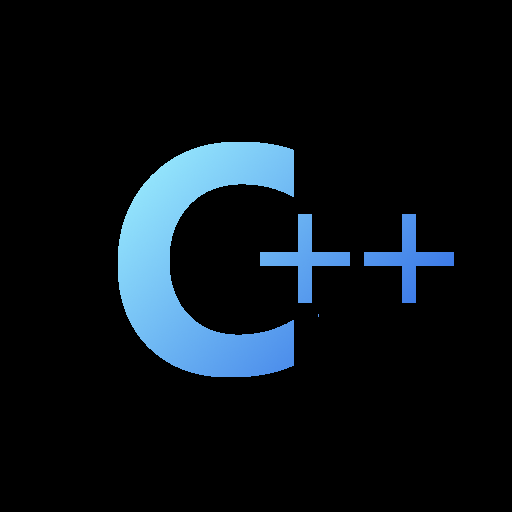

I guess that list could be helpful for some, but for me (and IMO, music production in general), it’s woefully inadequate to the point of hilarity.
Pro audio has been a complete mess in Linux for ages, and it’s not even close to where it should be in order to be generally usable. Every 7-8 years or so when my old music computer starts to die I try and check if it has made substantial improvement, but apart from Musescore actually being good, it is hard to find any tangible progress from 15 years ago. Pipewire gives me some hope, but it’s far from production-ready in Pro audio world. And I’m not really going to get rid of all the VST stuff I’ve bought in the last 20 years (all of which still works out of the box on a new computer!)
In addition, making music is the one hobby I have to get me away from tinkering with computers. I am not interested if I could make my Linux setup equally good if I spent weeks tinkering on it, when it’s literally easier for me to work for a week and buy a Macbook Air (or whatever crappy windows PC), where I get all of my old work ready for action in under a day, and I can trust that everything I do will just work, and work well at that. And it does it while allowing me to work remotely with other musicians since we can all use the same stuff.
I’m pretty sure I’ll be in my grave before FOSS Pro Audio ever gets there, unfortunately.
Edit: Ironically, the one FOSS thing I would love to use in my audio stuff is Guitarix, which is then the thing that doesn’t interop well with anything else. And I would love to have easy way to do all that I do on (Win/Mac Os) on Linux, but 20 years of disappointment is pretty hard to overcome at this point.




I’ve tried all of them except Zrythm. In fact, REAPER is my DAW of choice. But while that works on Linux, a lot of the plugins I require do not (or well, I guess it depends on how people define “work”), and REAPER in itself is not FOSS.